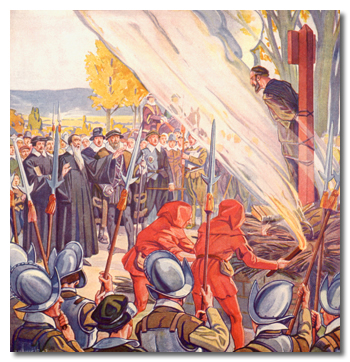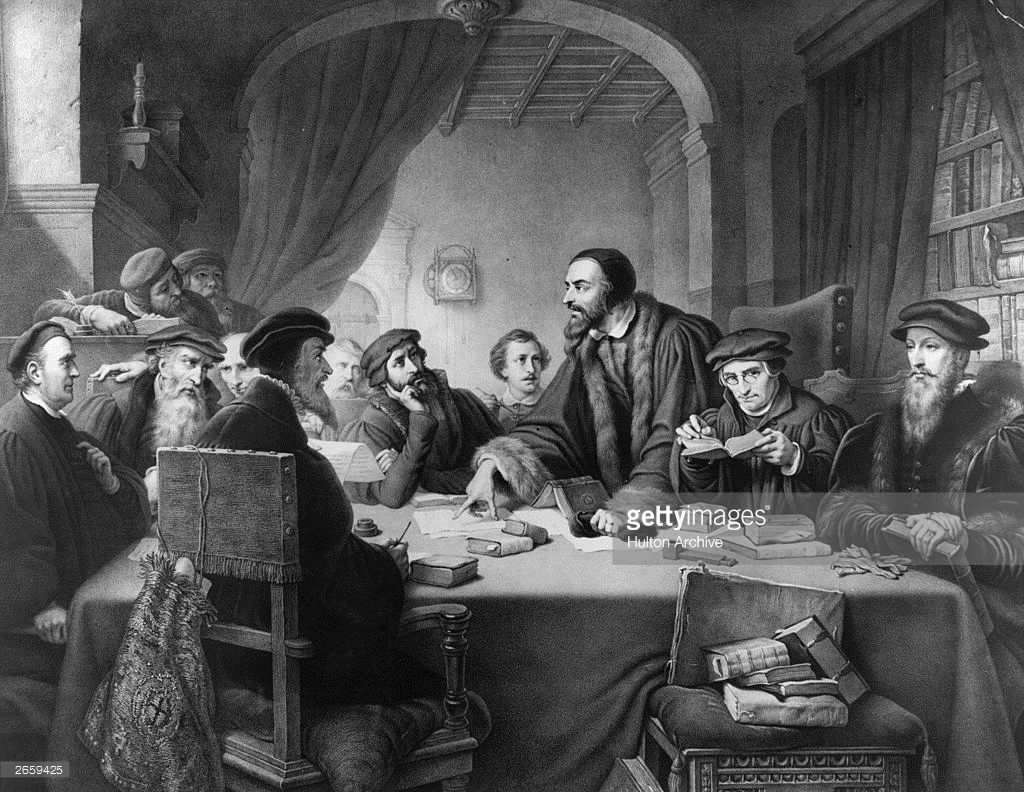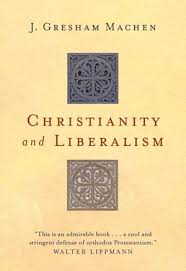Statement on Biblical Sexuality by CBMW.Org (The Council for Biblical Manhood and Womanhood) and The Ethics and Religious Liberty Commission of the Southern Baptist Convention. As many young people are adopting homosexual freedom as the defining cause of their generation, it is good that Evangelical leaders begin the NASHVILLE STATEMENT (2017) with the following affirmations: … Continue reading “NASHVILLE STATEMENT (2017): A COALITION FOR BIBLICAL SEXUALITY”
Statement on Biblical Sexuality by CBMW.Org (The Council for Biblical Manhood and Womanhood) and The Ethics and Religious Liberty Commission of the Southern Baptist Convention.
As many young people are adopting homosexual freedom as the defining cause of their generation, it is good that Evangelical leaders begin the NASHVILLE STATEMENT (2017) with the following affirmations:
We believe that God’s design for his creation and his way of salvation serve to bring him the greatest glory and bring us the greatest good. God’s good plan provides us with the greatest freedom. Jesus said he came that we might have life and have it in overflowing measure. He is for us and not against us. Therefore, in the hope of serving Christ’s church and witnessing publicly to the good purposes of God for human sexuality revealed in Christian Scripture, we offer the following affirmations and denials.
Article 1
WE AFFIRM that God has designed marriage to be a covenantal, sexual, procreative, lifelong union of one man and one woman, as husband and wife, and is meant to signify the covenant love between Christ and his bride the church.
WE DENY that God has designed marriage to be a homosexual, polygamous, or polyamorous relationship. We also deny that marriage is a mere human contract rather than a covenant made before God
Article 2
WE AFFIRM that God’s revealed will for all people is chastity outside of marriage and fidelity within marriage.
WE DENY that any affections, desires, or commitments ever justify sexual intercourse before or outside marriage; nor do they justify any form of sexual immorality.
To read, download or sign to affirm the original statement NASHVILLE STATEMENT (2017) by CBMW.Org (A coalition for Biblical Sexuality) and The Ethics and Religious Liberty Commission of the Southern Baptist Convention.
You may note that many of the original signatories of the Statement are outstanding Evangelical leaders.
Continue reading “NASHVILLE STATEMENT (2017): A COALITION FOR BIBLICAL SEXUALITY”



